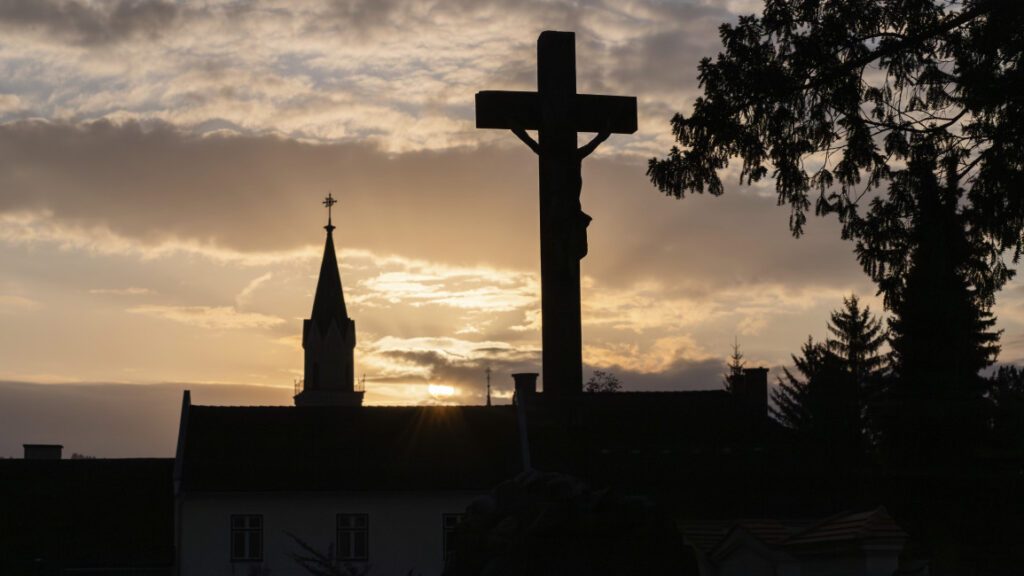The Defence Ministry stated that it has been in dialogue with Bogdanovskyi’s family to seek a resolution that respects the sensitivities of all families whose loved ones are interred in the cemetery

News Desk
TEL AVIV: The family of Staff Sgt. David Bogdanovskyi, a Christian soldier in the Israeli Defense Forces (IDF) who was killed during the Gaza invasion in December 2023, faces a distressing ultimatum from the Israeli Defence Ministry: remove the cross from his headstone at Haifa’s military cemetery or risk relocating his remains outside the cemetery altogether. This controversial decision stems from regulations that standardize military grave markers in Israel, explicitly prohibiting the display of religious symbols, including crosses, on headstones.
The ministry’s stance was reinforced by complaints from Jewish families with relatives buried in close proximity, who expressed that the cross interfered with their ability to pray and recite the Kaddish mourning prayer. Bogdanovskyi, originally from Ukraine, had immigrated to Israel in 2014 and served in the Combat Engineering Corps before his untimely death in Khan Younis, Gaza. His mother, emphasizing her son’s deep devotion to Israel, took to social media to express her anguish over the situation. She described how humiliated she felt after visiting his grave, which had been covered with a black cloth during a ceremony on October 7, a move that sparked her outrage and disappointment.
The Defence Ministry stated that it has been in dialogue with Bogdanovskyi’s family to seek a resolution that respects the sensitivities of all families whose loved ones are interred in the cemetery. The Chief IDF Rabbi has supported the decision, citing concerns that the cross might undermine the sanctity of the site. However, Bogdanovskyi’s family has pointed out inconsistencies in the enforcement of these regulations, noting that other military graves in Israel do bear Christian symbols. They are challenging the application of this rule specifically to David’s headstone, arguing for recognition of his personal faith and service.
This incident underscores the broader tensions surrounding the use of religious symbols in public spaces within Israel, particularly in matters of identity, burial practices, and the intersection of religion and state policy. Although a law enacted in 2013 allows non-Jewish soldiers to be buried in military cemeteries, the issue of marking graves with distinct religious symbols remains a contentious point, often influenced by prevailing religious standards. In parallel, the geopolitical landscape has intensified, with Iran’s air force reporting interceptions of missiles allegedly launched by Israel towards military targets in Tehran, Khuzestan, and Ilam provinces.



